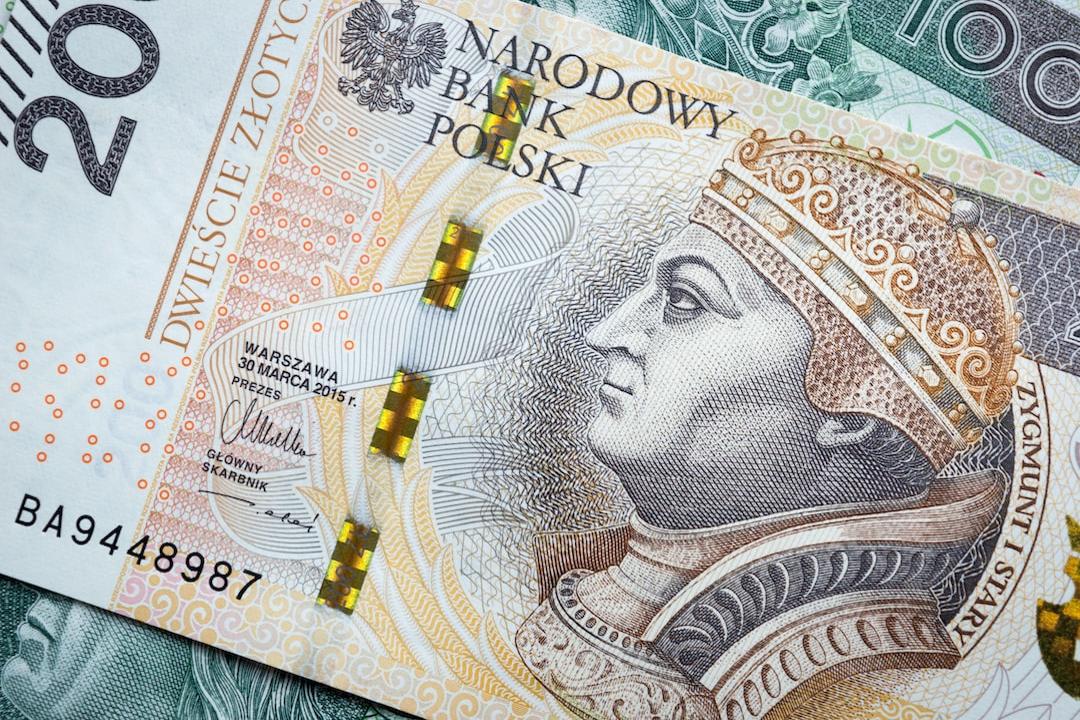What Happened?
Stablecoin issuer Tether is actively collaborating with U.S. lawmakers to engage in legislative discussions regarding stablecoins, aiming to voice its opinions during the regulatory process while ensuring that its business is not overly impacted.
To comply with new regulations, Tether will need to align with regulatory requirements, including undergoing monthly asset audits by U.S. accounting firms and maintaining a one-to-one asset backing to ensure that stablecoins are sufficiently funded.
Tether Engages in U.S. Stablecoin Regulatory Discussions
The development of the stablecoin market is currently at a critical turning point.
Stablecoins, as a type of digital currency backed by fiat currencies or other assets, have become an important component of the cryptocurrency market, widely used in cross-border payments, decentralized finance (DeFi), and as a store of value. However, as the stablecoin market expands, scrutiny from regulatory agencies has also increased. In particular, issues surrounding the issuance and management of stablecoins have become focal points for policymakers in the U.S.
Fox Business journalist Eleanor Terrett recently tweeted that Tether, the world’s largest stablecoin issuer, is engaged in active dialogue with U.S. lawmakers in hopes of assisting in the formulation of federal-level stablecoin regulatory policies.
NEW from me: Offshore stablecoin giant @Tether_to is working with U.S. lawmakers to influence how these fiat-backed currencies are regulated in the U.S.
The issuer of the world’s largest stablecoin $USDT has been a controversial figure in U.S. crypto policy circles due to an…— Eleanor Terrett (@EleanorTerrett) February 14, 2025
Tether’s USDT stablecoin has consistently dominated the global stablecoin market and is one of the largest holders of U.S. Treasury securities. Nevertheless, many users online have raised concerns about its transparency, particularly questioning whether its assets can fully back the issued stablecoins. Consequently, Tether is currently actively participating in the U.S. legislative process and collaborating with several lawmakers in hopes of providing recommendations for future stablecoin regulatory policies.
Tether CEO Paolo Ardoino revealed that the company is involved in several legislative proposals concerning stablecoins, including the “Stablecoin Transparency and Accountability Act” (STABLE Act) introduced by Republican lawmakers Bryan Steil and French Hill on February 6.
The Stablecoin Transparency and Accountability Act is one of the important proposals introduced in the U.S. Congress in 2025, with the primary aim of establishing a clear regulatory framework for the stablecoin market to address current concerns regarding the lack of transparency surrounding stablecoins, thereby positioning the U.S. as a global leader in stablecoin regulation.
Among other requirements, the bill mandates that stablecoin issuers must comply with asset backing requirements while undergoing regular audits conducted by U.S. accounting firms.
Tether’s Position: Compliance with Regulations While Emphasizing Transparency and Regulatory Needs
Tether CEO Ardoino stated that although the future regulations surrounding stablecoins remain uncertain, the company will fully cooperate and ensure its voice is heard during the legislative process.
He emphasized that Tether will not abandon its business in order to adapt to U.S. law but will strive to ensure that new regulations do not exert excessive pressure on its operations. According to reports, to comply with the new regulations, Tether may need to provide monthly asset audit reports and ensure that each USDT token is backed by equivalent assets such as U.S. dollars or U.S. Treasury securities.
Additionally, Tether faces criticism regarding the transparency of its assets. Although Tether has not undergone a complete audit since its inception, it publishes quarterly financial assessments conducted by global accounting firms.
This practice has sparked considerable controversy within the cryptocurrency community, particularly concerning whether the underlying assets can fully support the stablecoins issued.
Stablecoins play an increasingly important role in the global financial market, especially regarding the demand for the U.S. dollar. According to reports, Tether currently holds over $114 billion in U.S. Treasury securities, making it one of the largest holders of U.S. government debt globally. This asset structure not only strengthens the global position of the U.S. dollar but also positions stablecoin issuers prominently within the global capital markets.
Currently, both the U.S. House of Representatives and the Senate are advancing multiple stablecoin bills with the goal of passing legislation by April.
As the regulatory framework for stablecoins in the U.S. gradually takes shape, Tether and other stablecoin issuers will face clearer regulatory requirements. This presents a significant challenge to their operational models but may also create new opportunities for the stablecoin market. However, under the shadow of regulation, the future development of stablecoins will still need to balance innovation with risk management demands.
References: Cointelegraph, Cointelegraph

